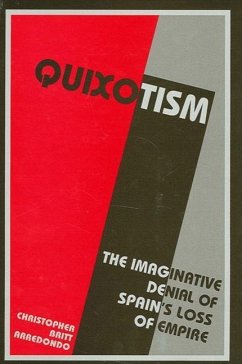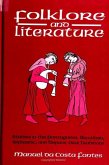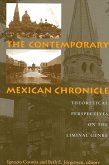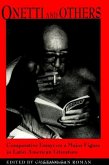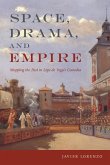Quixotism explores how a group of Spanish intellectuals, writing during the time of Restoration Spain (1876-1931), incorporated the figure of Don Quixote into an on-going debate on Spanish national and imperial decadence and used this figure to promote a nationalistic and jingoistic formula for national-imperial regeneration. Commonly known as the Generation of '98, these writers turned Spain's military defeat at the hands of an emerging American empire into a moral victory. Christopher Britt Arredondo uses the term Quixotism to denote a premodern heroic ideal centered on the figure of Don Quixote as he explores these writers. Here, he shows how Ganivet turns Quixote into a spiritual conquistador; Unamuno, into a tragic messiah; Maeztu, into a smiling priest; and Ortega, into a paternalistic master. Quixotism is a new critical category of political and cultural relevance, not only for fin-de-siecle Spain and the National-Catholic Spain of the Franco era, but also the democratic, postmodern Spain of today.
Hinweis: Dieser Artikel kann nur an eine deutsche Lieferadresse ausgeliefert werden.
Hinweis: Dieser Artikel kann nur an eine deutsche Lieferadresse ausgeliefert werden.

